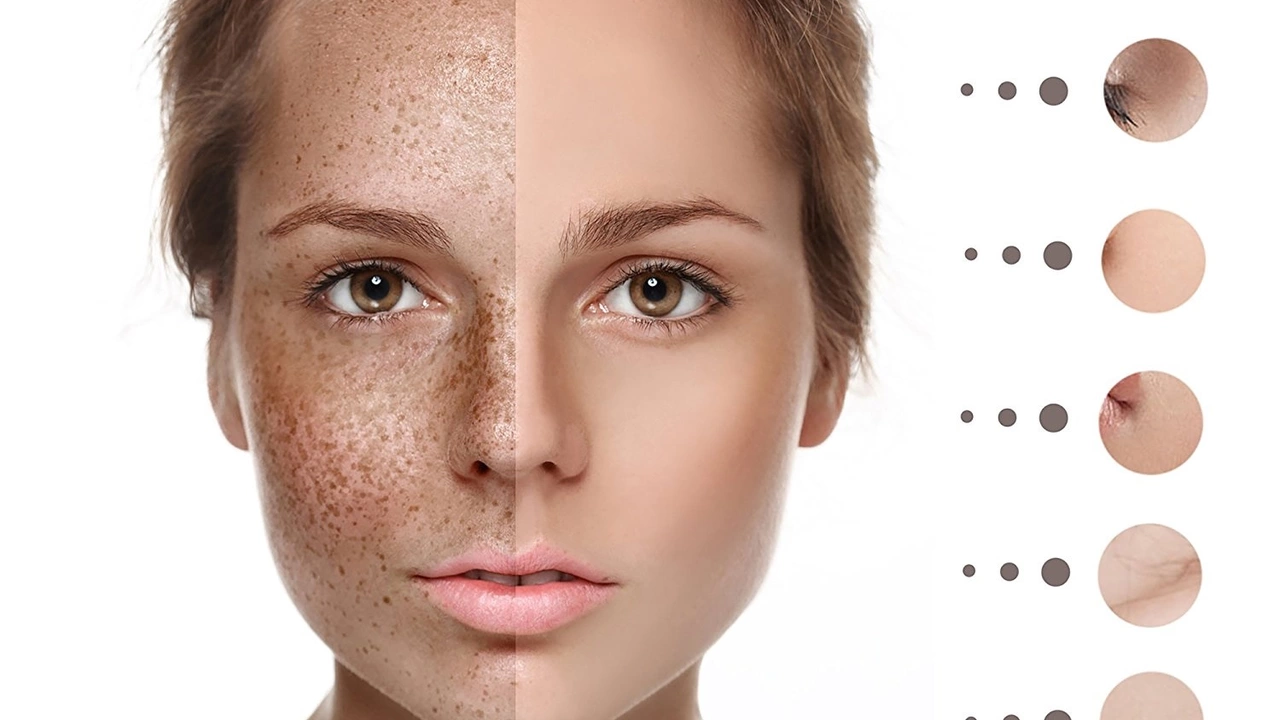Skin Care Tips: Simple Daily Routines for Healthier Skin
Sunscreen prevents more visible aging than any fancy cream. If you start with one change, make it daily SPF. That one habit protects against sun damage, dark spots, and skin cancer risk.
Daily Habits That Make Real Difference
Morning routine: wash your face with a gentle cleanser, pat dry, apply a lightweight moisturizer, then sunscreen (SPF 30 or higher). Use a product labeled broad-spectrum and reapply every two hours if you’re outside. For makeup wearers, use a sunscreen under makeup, not instead of it.
Evening routine: remove makeup thoroughly, cleanse again, then apply treatment products like vitamin C or a retinoid at night. If you use retinol, start 1–2 nights a week and increase slowly to avoid irritation. Always follow with a moisturizer to reduce dryness and flaking.
Hydration matters: drink water, but also use humectants like hyaluronic acid on damp skin to lock in moisture. For dry skin, choose creamier moisturizers with ceramides or glycerin. Oily skin often benefits from gel or water-based moisturizers that won’t clog pores.
Do's and Don'ts for Common Skin Issues
Do a patch test before trying a new active ingredient. Apply a tiny amount behind your ear for a few days to watch for redness or itching. This saves you from full-face reactions.
Don't over-exfoliate. Physical scrubs and strong acids used too often create inflammation and break the skin barrier. Limit chemical exfoliants (AHAs/BHAs) to 1–3 times per week depending on your skin’s tolerance.
If you have acne: use a salicylic acid cleanser or topical treatment and avoid heavy, oily moisturizers. Benzoyl peroxide and topical retinoids work well but can be drying—pair them with a gentle moisturizer and sunscreen during the day. See a clinician if nodules or scarring occur.
For sensitive or reactive skin: pick fragrance-free, minimal-ingredient formulas. Niacinamide is a gentle, useful ingredient that reduces redness and supports the skin barrier. Avoid products with alcohol denat if your skin flakes or stings.
Other quick wins: sleep 7–8 hours, manage stress, and don’t smoke. These lifestyle factors show up on your skin fast. Change pillowcases twice a week to reduce oil and bacteria transfer, and use a non-abrasive washcloth only when needed.
Body and lips: use SPF on exposed body parts, exfoliate dry areas gently, and use a rich balm on lips overnight. For hands, a moisturizing cream with SPF during the day prevents sunspots and thinning skin.
When to see a pro: sudden rashes, persistent acne, painful lesions, or any suspicious mole should be checked by a dermatologist. Over-the-counter routines help most people, but clear guidance matters when things don’t improve.
Keep it simple. Consistent basics—gentle cleansing, targeted active ingredients, moisturization, and daily sunscreen—beat a shelf full of unused products every time.

